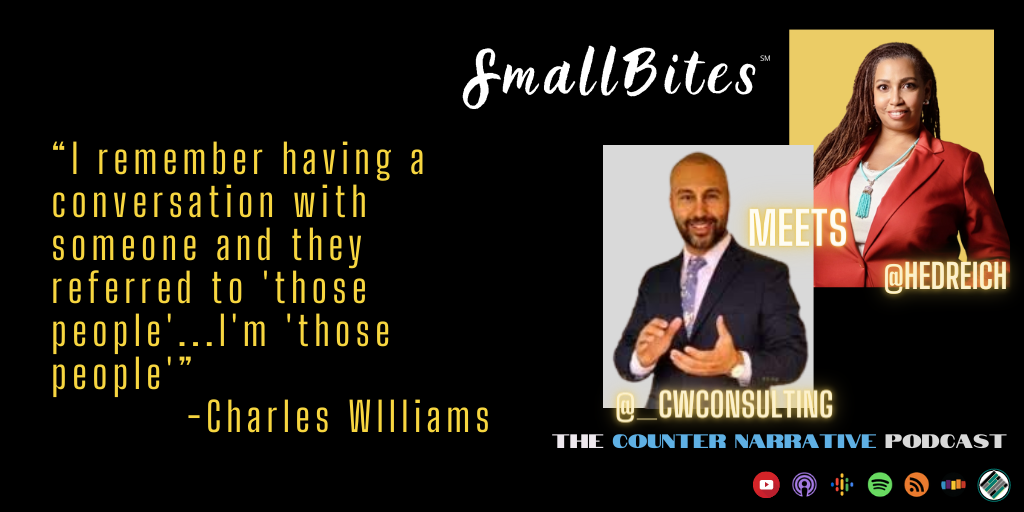50 Ways
While I won’t be teaching you about 50 ways to leave your lover, I do want to let you know that #SmallBites season 1 ends with tonight’s 50th episode. You’ll still find me on Apple podcasts, Spotify and wherever podcasts are heard each Monday, but I will spend the needed time off recovering from the Hardest Teaching Year Ever and getting my Solution Tree book on educational strategies ready for an early winter release.
Thank you for coming each week, listening, learning and most importantly, for putting your learning into action. If you’d like to learn more before season 2, catch up on earlier episodes and please join me for back to school PD or one of 2 June book studies.
For now, here are my top 10 resources to take you through summer:
SmallBites 50th Episode Top 10
10. Watch Jay Smooth’s Media Literacy crash course that delves into media strategies, our reactions to those tricks and our biases. And use Allsides Media to check the lens through which your favorite news outlets operate.
9. Use this Precious Children article from PBS to help you understand why teaching acceptance is important early on, then prepare at least one of the activities for your class or personal kids and grands. My favorite line, “If your group is not diverse, display images of diversity in your community or in U.S. society.”
8. Explore 3 Steps to Civil Discourse in this 8-page socialstudies.org document containing strategies for grades 4-12. It’s intended for older students but many of the strategies can be adapted to younger classes. Begin with the first strategy, start with yourself.
7. Go to Project Implicit and pick a test or two. Use the insights to guide you in mitigating behaviors grounded in bias.
6. Watch episodes of this season’s Grey’s anatomy and Station 19, both Shonda Rhimes shows that explore issues of race, bias and survival in the face of them. Both shows are on ABC and Hulu. Here’s an article on their weightiness. If you need to laugh while you learn, consider Black-ish or Mixed-ish, both found on the same platforms.
5. Read Marcus Lu’s article on 50 categorized cognitive biases. Pay special attention to the one called “moral luck”. Reflect to see if you’ve been guilty of that, or any others.
4. Watch this TEDx Talk as Dr. Michelle Chatman explains the difference restorative justice practices can make in a child’s life, and how Black children are perceived as older, angrier and less in need of nurturing than their White peers. Here’s a PNAS article on bias and racial disparities in school discipline provide context.
3. Use Ballotpedia to keep up with politics in your area–and vote. This is the best way to advocate for your students and your community. Vote411.org and whenweallvote.org are also excellent resources.
2. Read up on the stuff we only touch on in our textbooks on the Voices of a People’s History website that include videos, lesson plans and a full teacher’s curriculum guide. Special for this month, there are resources entitled “Women, Gays and Other Voices of Resistance”. Learning about other civil rights struggles is a great way to acknowledge the oft unheard voices from the LGBTQ community.
1. And of course, no “best of” collection would be complete without Learning for Justice. With articles, lesson plans and even teaching standards, it’s your first stop for everything that relates to identity and inclusivity.
As I said in #SmallBites, I am grateful for so many things. Closing out the school year, surviving this harrowing time and challenging school year and, of course, you, for investing in our students.
From the bottom of my heart, thank you. See you in Season 2!

